Water belly and limb deformities were the most common calf defects reported by dairy and beef farmers this spring, according to the ICBF.
Some 85 calves with severe abnormalities were reported to geneticist Dr Jennifer McClure, who is leading research into genetic mutations.
Water belly, known as atresia or ‘‘no back passage’’ was the most common deformity reported this year, with 19 cases reported by farmers.
Another 19 animals were reported with limb deformities such as twisted legs, rotated legs, a fifth leg or contracted tendons. Seven calves had twisted spines. None of these deformities were related to the Schmallenberg virus.
There were eight calves born without tails, while another eight had eye problems.
These include one calf with abnormally placed eyes. With one eye higher than the other, this calf had some balance issues and eventually went blind. Three calves were born without any eyes at all and five animals had progressive blindness.
Reports
Dr McClure told the Irish Farmers Journal that 88% of the deformed animals were reported by farmers and 12% by vets, while 86% of farmers were willing to work with her on the ICBF project.
She is now asking all farmers to complete an anonymous online survey about calf defects they have seen on their farms.
“The idea is to get a survey of what really is out there. So is the data coming into me skewed, saying that atresia is a big problem for farmers, when in fact there is something more important we should be targeting?” explained Dr McClure.
The ultimate aim is to create a screening system for farmers to help them avoid potentially expensive breeding mistakes.
The survey is available on www.surveymonkey.com/r/T6PKR58.
Sheep defects
The ICBF geneticist has also turned her attention to sheep, embarking on a new project aimed at identifying the genetic mutation that causes laryngeal chondritis. This causes irritation of the sheep’s larynx and scarring of the cartilage, which eventually leads to severe breathing problems.
The research will include ICBF, regional veterinary labs, Sheep Ireland, Teagasc and Athlone IT.





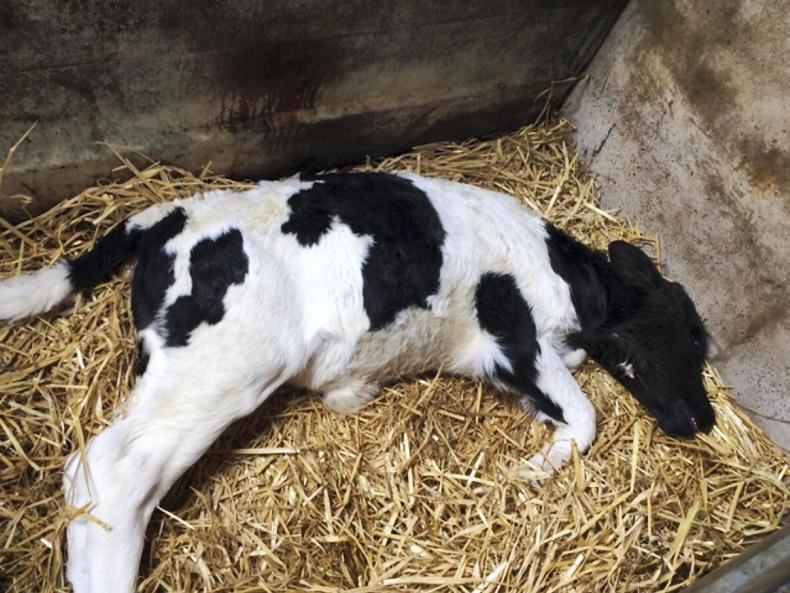
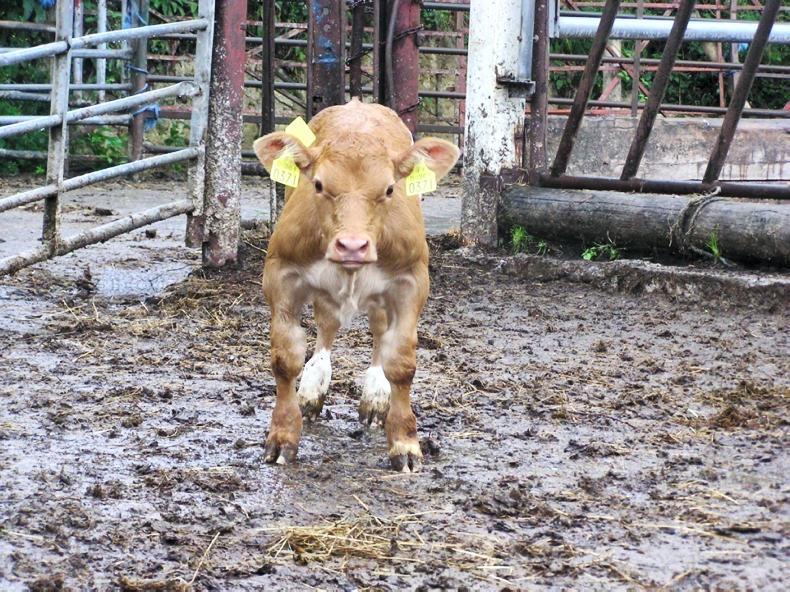

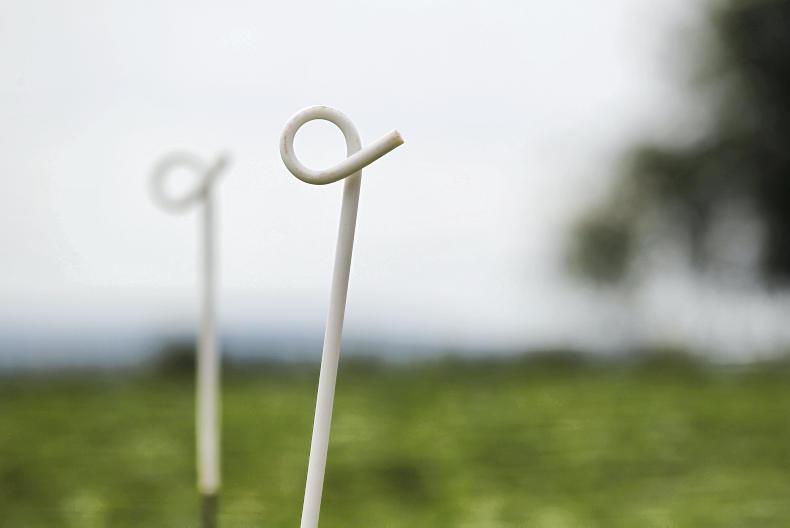
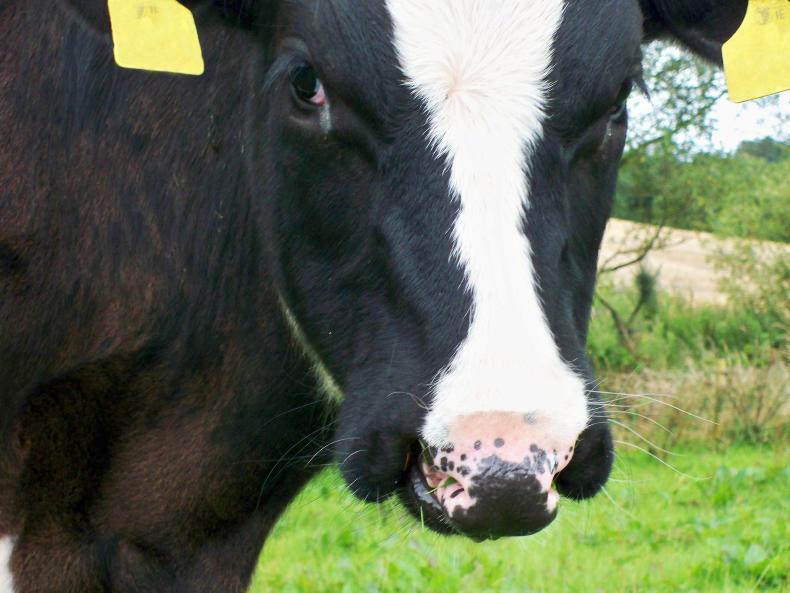
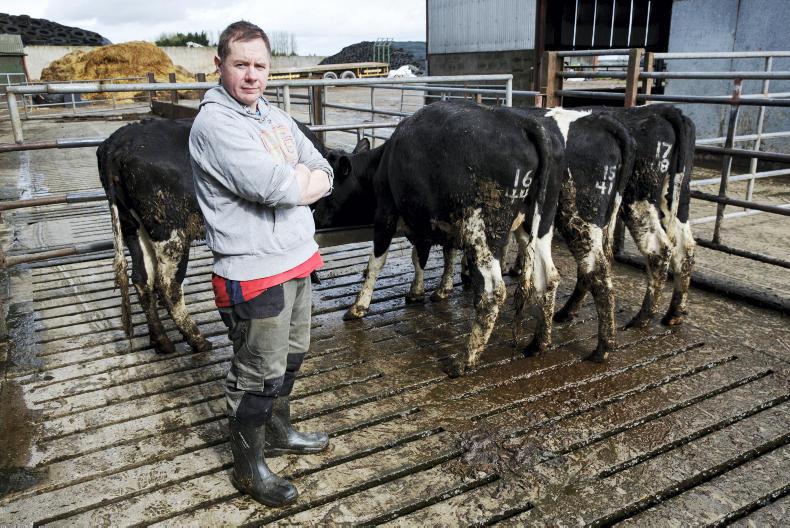
SHARING OPTIONS